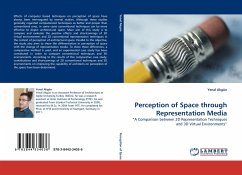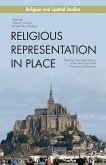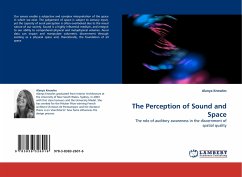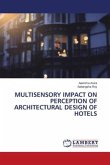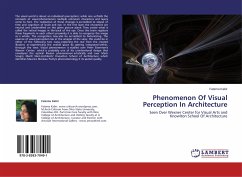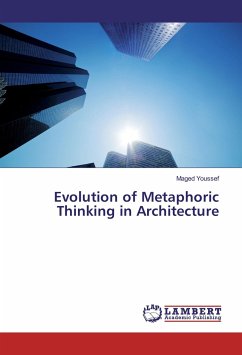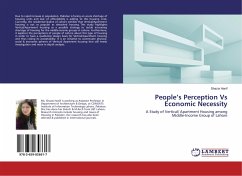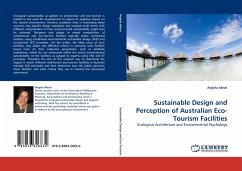Effects of computer based techniques on perception of space have always been interrogated by several studies. Although these studies generally regarded computerized techniques as better and proper than conventional ones, in some cases conventional techniques can be more effective to depict architectural space. Main aim of this study is to compare and evaluate the positive effects and shortcomings of 3D virtual environments and 2D conventional representation techniques in the context of perception of architectural space. Parallel to this objective, the study also aims to show the differentiation in perception of space with the change of representation media. To show these differences, a comparative method is used, and an experimental case study has been constituted in order to compare conventional techniques and 3D environments. According to the results of this comparative case study, contributions and shortcomings of 2D conventional techniques and 3D environments on improving thecapability of architects on perception of the space have been determined.

